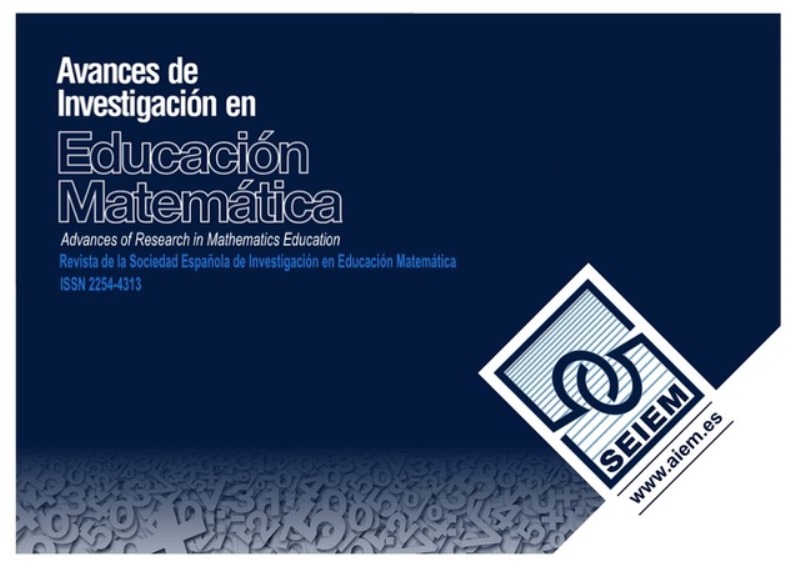Working as mathematics teacher educators at the meta-level (to the focus of the teachers on developing their teaching)
DOI:
https://doi.org/10.35763/aiem.v0i13.230Keywords:
Professional learning, teaching mathematics, teaching teachers of mathematics, awareness, meta-communicationAbstract
The professional learning of the authors, three mathematics teacher educators, is illustrated in relation to: 1) differences between being a mathematics teacher and being a mathematics teacher educator, 2) the way that novices and experts can learn in the same way through dwelling in the detail of experiences to allow new awarenesses to arise linked to new actions. The theoretical perspectives that inform the discussion are enactivism, meta-communication and relentless consistency. The practices of the three mathematics teacher educators in responding to discussions from their perceptions are at a meta-level to the pre-service teachers and support them in meta-commenting about the process of learning to the children in their classrooms. The one-year postgraduate course has served its community of schools for around 30 years in this style with relentless consistency of practices that serve creativity
Downloads
Downloads
Published
How to Cite
Issue
Section
License
The articles published in this journal are under a license Creative Commons: By 4.0 España from number 21 (2022).
Authors who publish with this journal agree to the following terms:
- Authors retain copyright and keep the acknowledgement of authorship.
- The texts published in this journal are – unless indicated otherwise – covered by the Creative Commons Attribution 4.0 international licence. You may copy, distribute, transmit and adapt the work, provided you attribute it (authorship, journal name, publisher) in the manner specified by the author(s) or licensor(s). The full text of the licence can be consulted here: http://creativecommons.org/licenses/by-nc/4.0.
- Authors are able to enter into separate, additional contractual arrangements for the non-exclusive distribution of the journal's published version of the work (e.g., post it to an institutional repository or publish it in a book), with an acknowledgement of its initial publication in this journal.
- Authors are permitted and encouraged to post their work online (e.g., in institutional repositories or on their website) prior to and during the submission process, as it can lead to productive exchanges, as well as earlier and greater citation of published work (See The Effect of Open Access).









